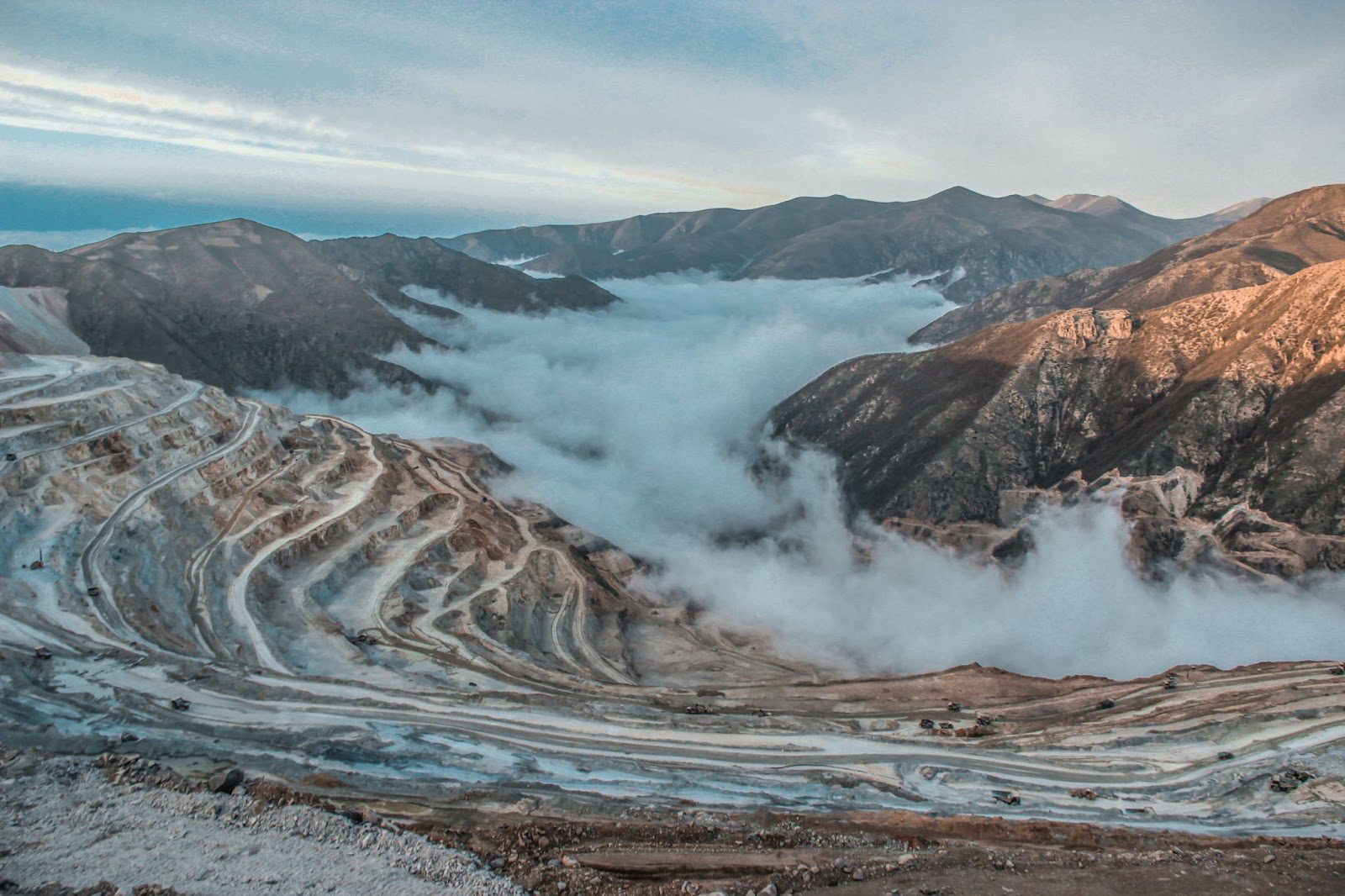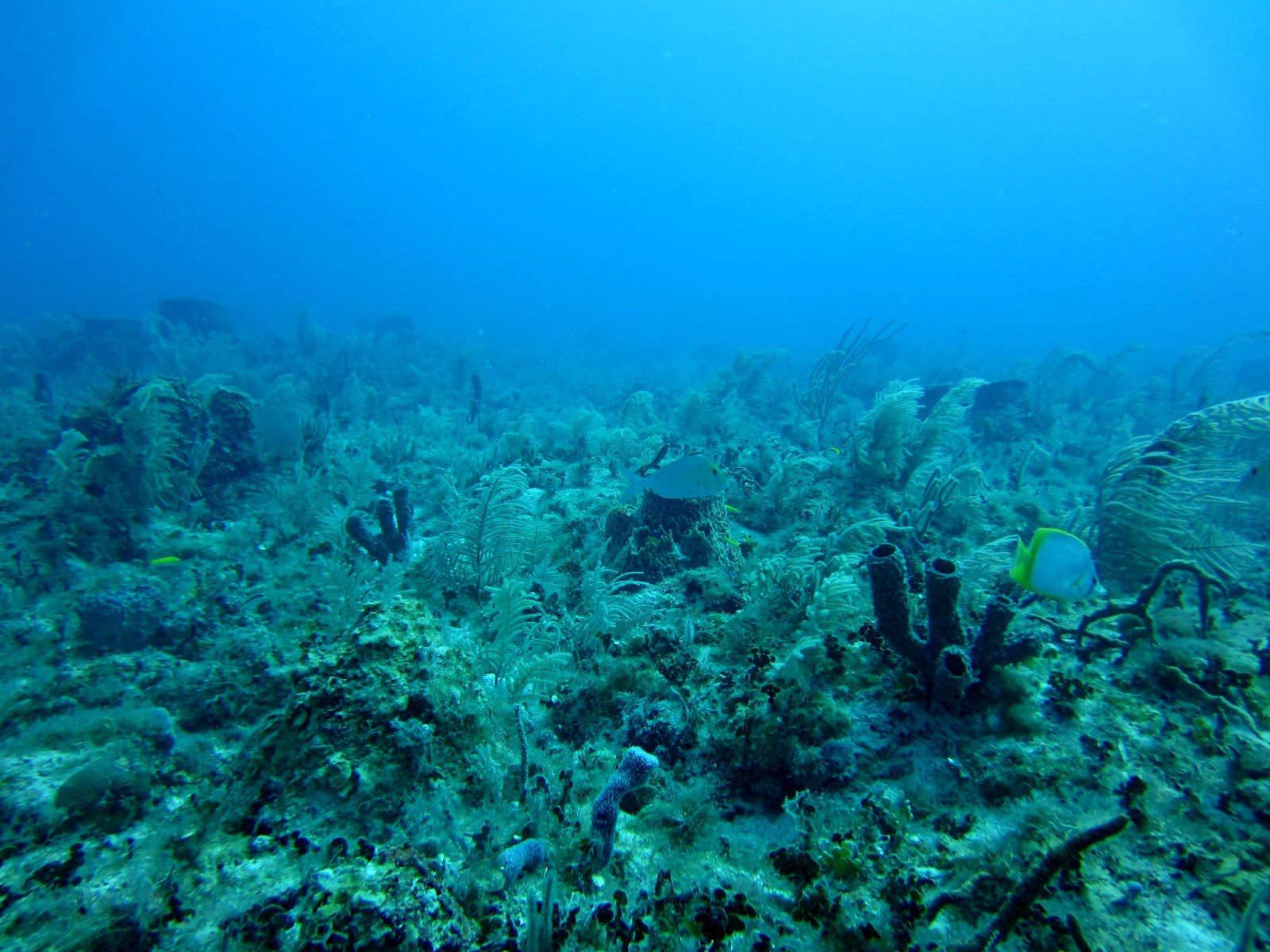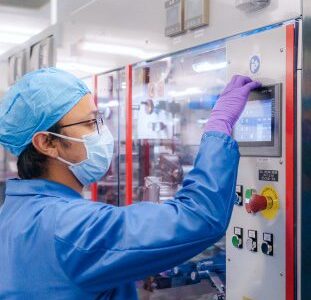A report from the International Energy Agency (IEA) from July 11 said the critical mineral market has seen unprecedented growth in 2023. With more minerals needed for electric vehicles, wind turbines, solar arrays, and other cleantech, questions are being asked: how will these minerals be sourced, where will we find them, and can they be extracted cleanly?
Consensus has covered a handful of planet-friendly mining operations for lithium and potash. Even with advancements in clean mining, innovation is needed to meet rising demands. An op-ed from GreenBiz highlights how artificial intelligence (AI) is alleviating many concerns. The private sector is tackling these issues as best as possible with bespoke technology.
The IEA created a significant tool for this endeavor. The Critical Mineral Data Explorer is a free-to-use website that provides insights into mineral demand projections under various scenarios. The Explorer shows which areas of the clean energy sector use the most of these metals. It breaks down demand into graphs and sorts it by specific metals.
With the sophistication of AI, startups are using software to find high concentrations of these minerals. Through various partnerships, they are exploring these areas before determining if it is safe and environmentally conscious to mine.

Photo Courtesy Omid Roshan
KoBold Metals is one company using analytical models and machine learning to find mining prospects. This past June, it received more than $195 million in funding from T. Rowe Price and several mining conglomerates, including BHP. Other prominent investors include Bill Gates, Richard Branson, and Jeff Bezos.
KoBold made a breakthrough, too. The California-based company identified sites in Zambia that could yield up to 3 million metric tons of critical minerals. At the U.S.-Africa Leaders Summit in Washington, D.C., in December 2022, the company announced it was investing millions to develop a mine there. Zambia’s president likes the prospect of boosting the nation’s economy with interest from many mining companies based in the U.S. and Australia.
“Our message to the world is that Zambia is here and is open for business,” President Hakainde Hichilema said at the summit.
GeologicAI and VerAI Discoveries are two other startups using AI for critical mineral sourcing. GeologicAI, based in Calgary, received funding from Breakthrough Energy to carry out its “robot geologist” approach. Robots and AI examine various mineral concentrations using high-resolution imaging, X-Ray fluorescence, and sensors. The technology then creates a digital replication of the rock formations showing where to mine and how to do it effectively. GeologicAI’s goal is to decrease the time it takes to find critical mineral sources.
VerAI, based in Boston, is working to speed up finding potential mining sites. The plan is to use analytics to sort through data points that identify the highest concentrations of lithium, cobalt, zinc, and other metals.
Congress has weighed in on the critical mineral sourcing business. Rep. Ed Case of Hawaii introduced two motions in July to limit deep-sea mining until the consequences are researched further. The American Seabed Act and International Seabed Act would protect American ocean floors from exploitation by mining companies without proper research and regulations.
“Our deep oceans and seabed are the last unexplored regions of our world, yet what we do know of them is that they are among our most intricate and fragile,” Case said in a statement. He called on the National Oceanic and Atmospheric Administration (NOAA) and the National Academies of Sciences to research the ocean floor further before mining is considered.

Photo Courtesy NOAA
Environmental scientists have spoken in favor of Rep. Case’s bills. Arlo Hemphill, Greenpeace USA’s deep-sea mining campaign lead, applauds the motion.
“The proposals come at a critical moment, as countries are currently gathered at the International Seabed Authority meeting in Jamaica to negotiate rules that would greenlight this destructive industry,” he said in a press release. “We look forward to the U.S. joining other countries like Canada, Ireland, Sweden, and Switzerland in supporting a moratorium.” The meeting in Jamaica has since concluded.
AI has the potential to alleviate ocean floor mining concerns, especially if these analytical models are accurate to a “t.” If it can find ways to reduce the impact on the earth, it could create a model for safer deep-sea mining.





